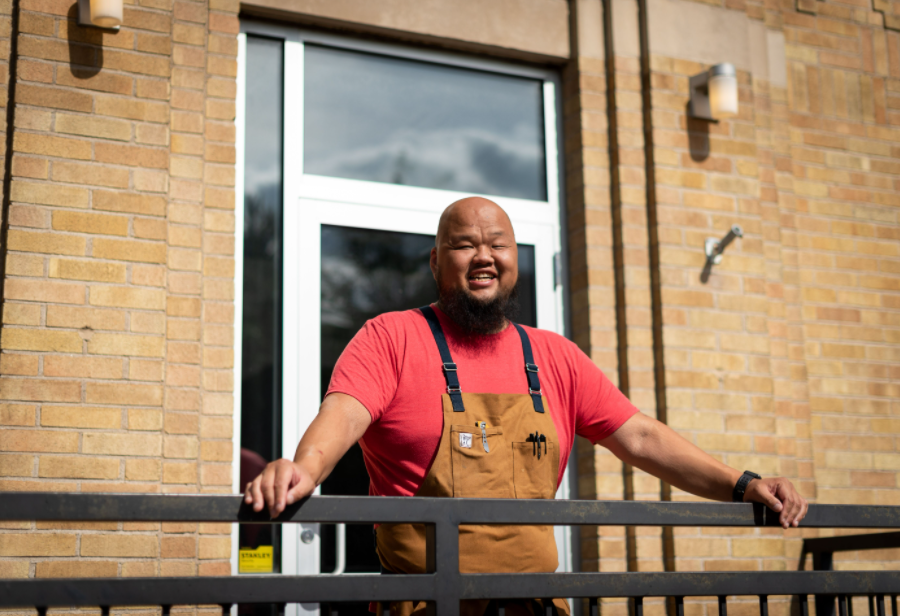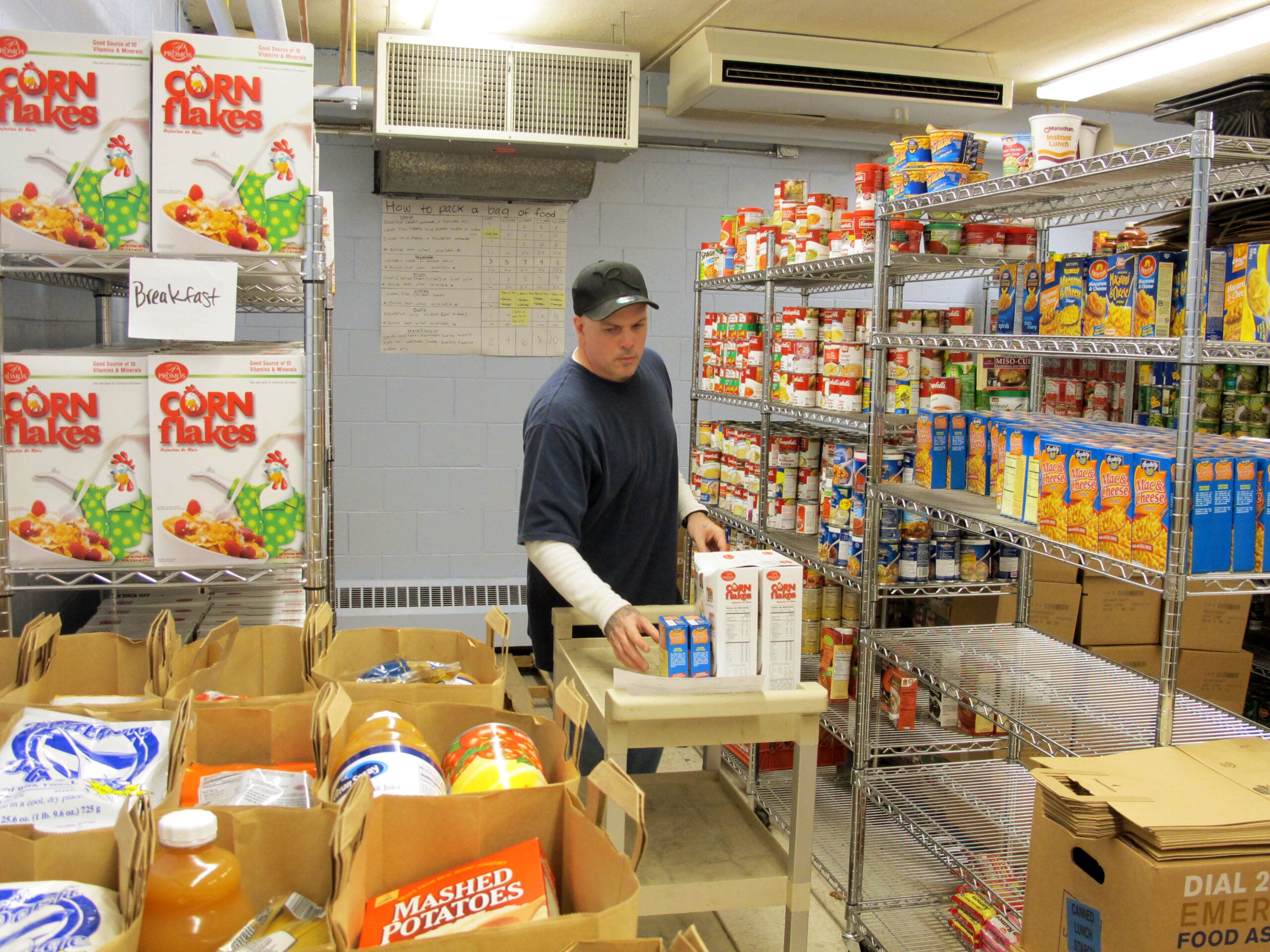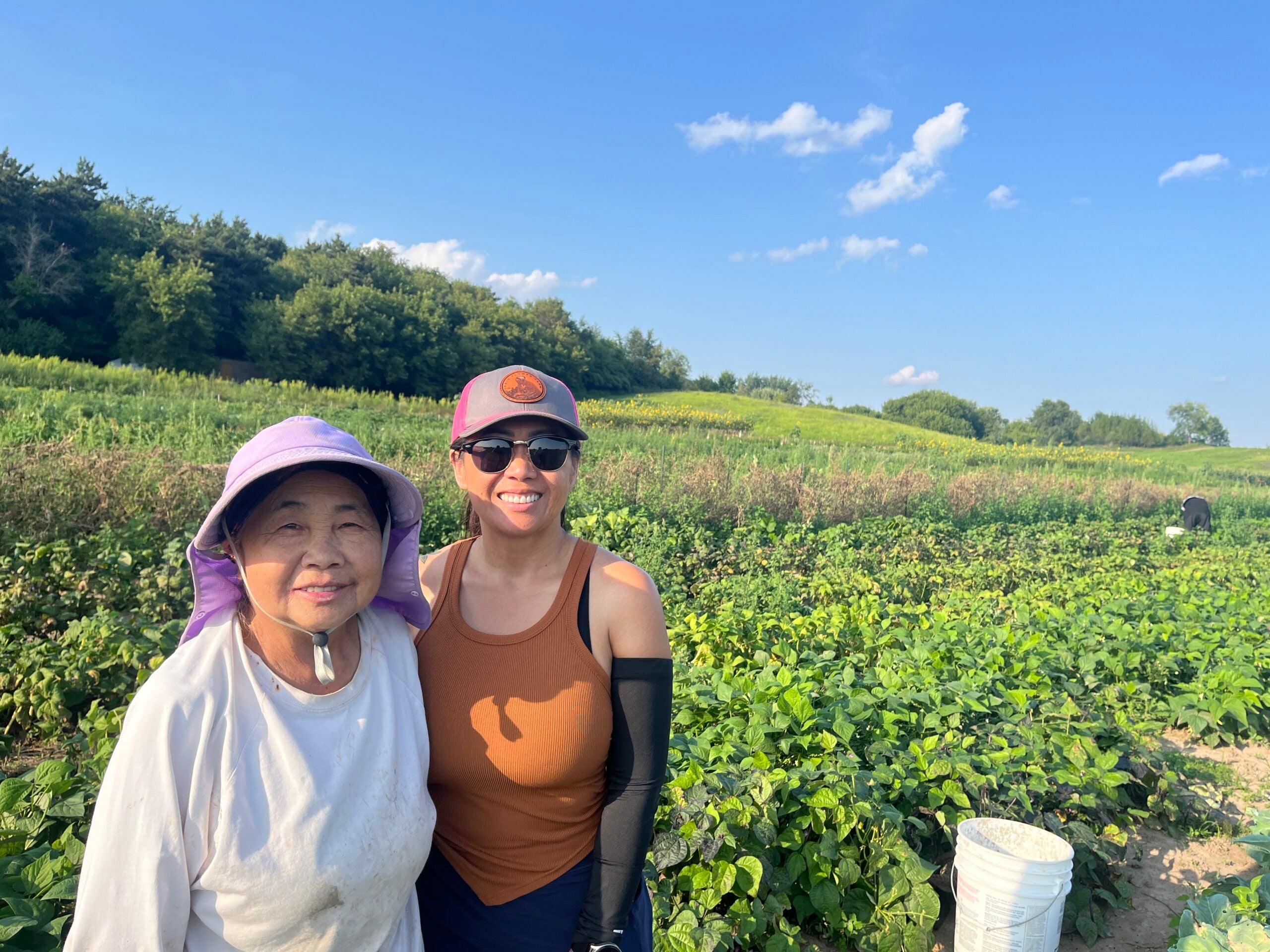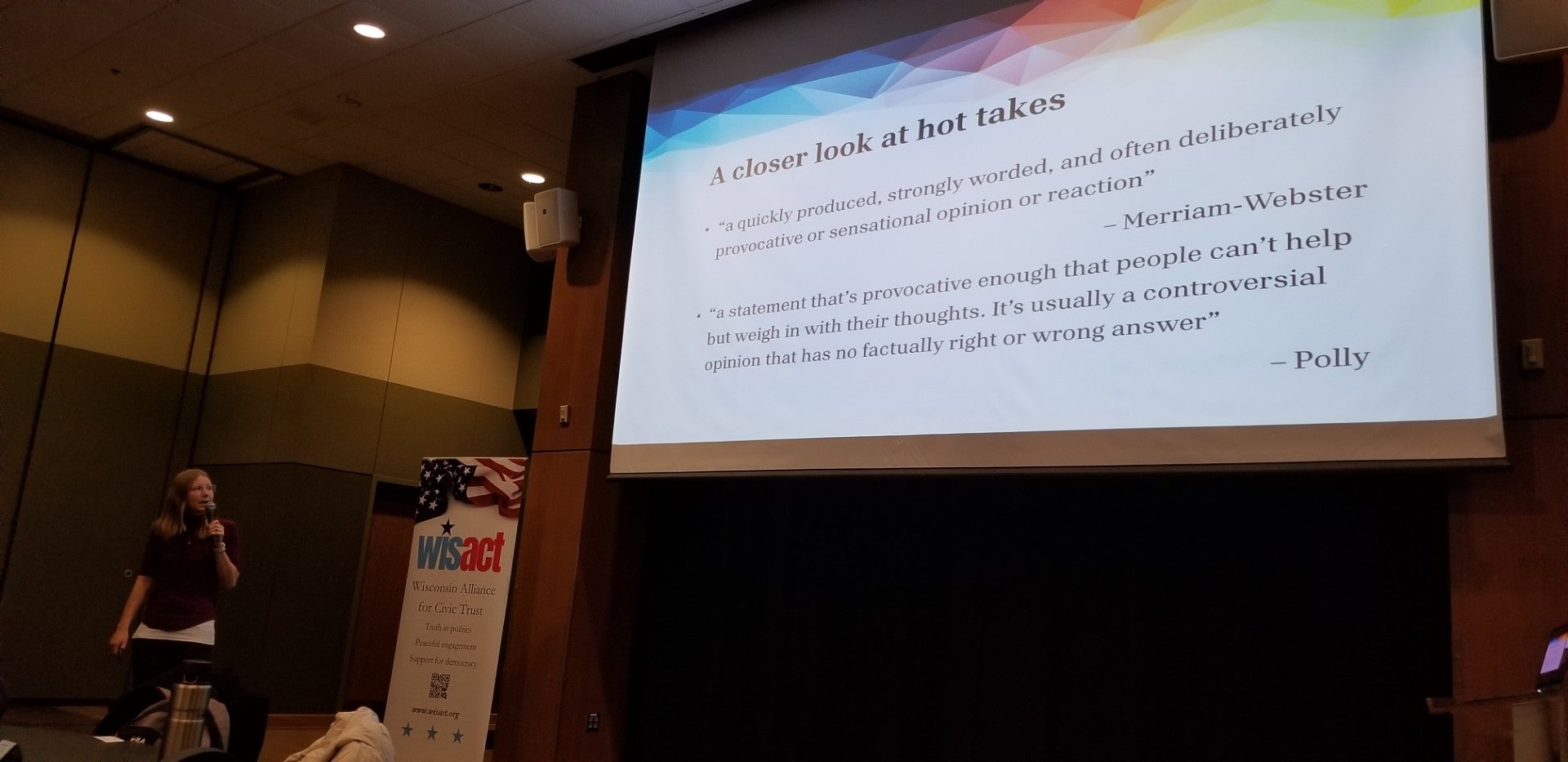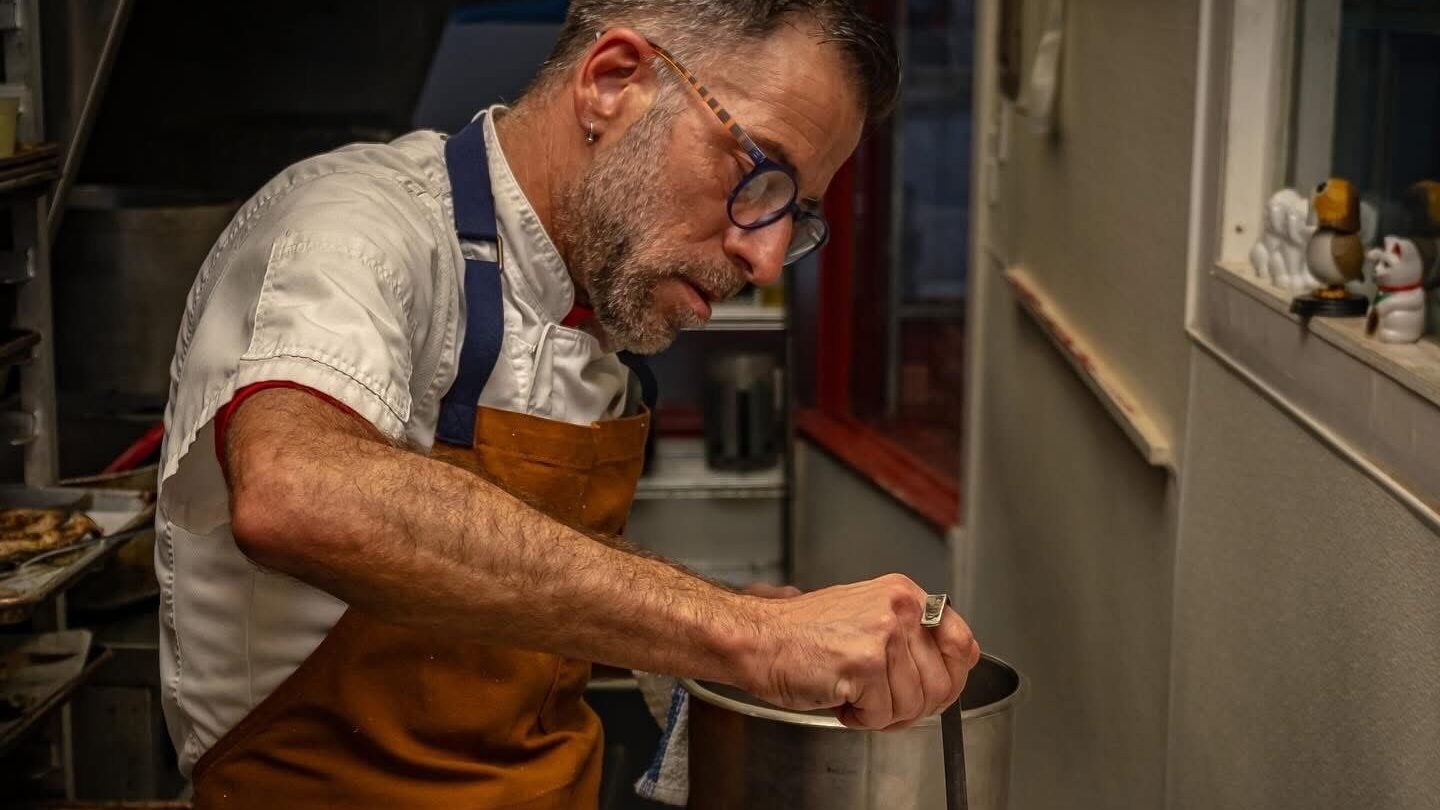Yia Vang grew up eating and cooking Hmong dishes with his family in Port Edwards, Wisconsin. Now, he is a James Beard semifinalist for “Best Chef in the Midwest.”
Vang is known for using bold flavors from Southeast Asian countries. He owns and operates one restaurant in Minneapolis called Union Hmong Kitchen. He is set to open another in Minnesota this year called Vinai. The Minneapolis-St. Paul region is home to the largest concentration of Hmong people in America.
Vang recently joined Wisconsin Public Radio’s “The Morning Show” to talk about his Wisconsin upbringing, Hmong cuisine and his new show on the Outdoor Channel called “Feral.”
News with a little more humanity
WPR’s “Wisconsin Today” newsletter keeps you connected to the state you love without feeling overwhelmed. No paywall. No agenda. No corporate filter.
The following was edited for clarity and brevity.
Kate Archer Kent: What did you enjoy eating during your childhood?
Yia Vang: We would have traditional Hmong food at home.
I would pray every day that my parents would allow us to get Lunchables. I go to school, and I see my friends with ham and cheese sandwiches, and I like those. That looks amazing. What is that thing?
KAK: What makes Hmong cuisine different from other Southeast Asian cooking like Thai, Vietnamese and Burmese?
YV: I tell people that Hmong food isn’t a type of food. It’s a philosophy of food. It’s a way of thinking about food. Our cultural DNA, the Hmong people, are intricately woven into the foods that we eat.
If you want to know where we’ve been, where we are and where we are going, you look at our food.
KAK: You’re about to open another restaurant. How does a restaurant owner stay competitive and at the same time not get burned out?
YV: I’ve been very blessed to have great friends and family. When you do these things, there’s going to be critics. They’re going to have their own views of what you’re doing.
Honestly, my center is my mom and dad. They’re like, your line. They’re my lighthouse when everything’s stormy outside.
KAK: I love how your name (“Yia”) means “iron skillet” or “wok.” I wonder if your parents knew you would find your way to the kitchen as a chef when they named you?
YV: I never wanted to be in the kitchen world. Eventually, 10 years ago, my views on food really changed.
Food is the ultimate equalizer. You know, it is. It is that universal language we use to speak to each other.
KAK: Let’s talk a little bit about “Feral” and this work of chasing and harvesting and cooking wild game — while cameras follow you. What did you enjoy about working on the series?
YV: “Feral” was a really, really cool concept. It’s about an imbalance to the ecosystem. The reason why some of these animals are here is because of us as humans. For example, we go down to the Everglades, and it is infested with Burmese pythons, and it’s destroying the ecosystem down there. Well, the reason why is because all these people wanted these pythons as pets and then when they got too big, they just throw them outside. Now, they’ve invaded the Everglades.
The other part, when you’re running through the Everglades, (is) trying to catch a python, and then I got bit by the python. At one point I was like, what am I doing out here?
Wisconsin Public Radio, © Copyright 2025, Board of Regents of the University of Wisconsin System and Wisconsin Educational Communications Board.

